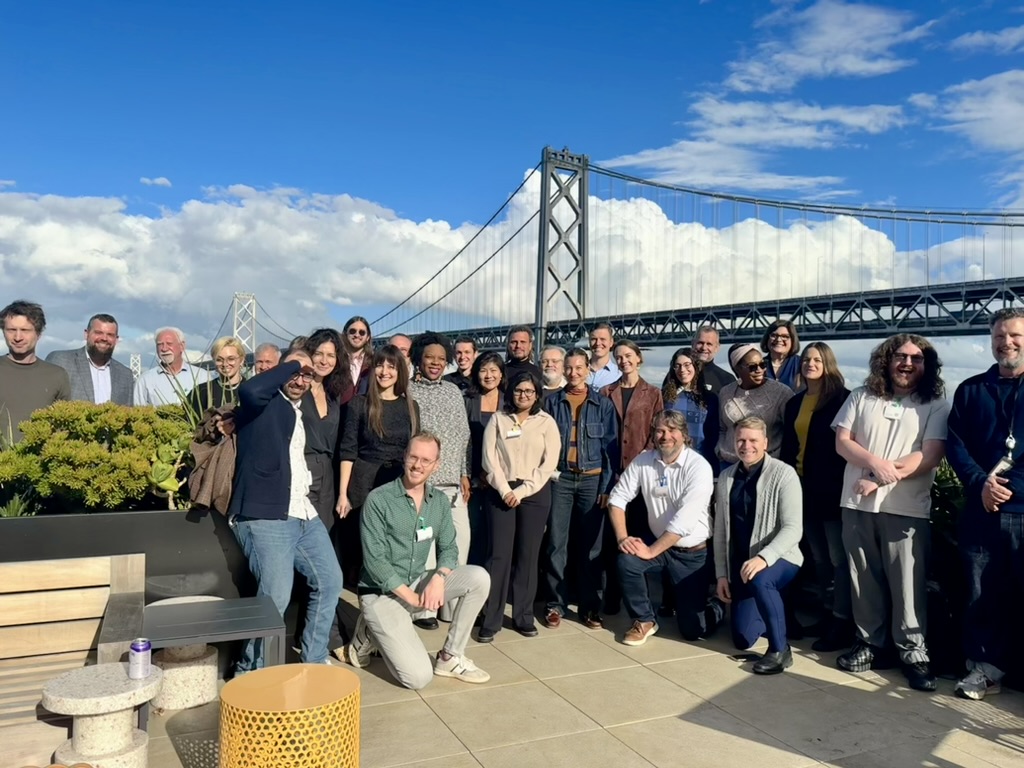Finding a right way forward.
The Renwick Program for Ethical, Safe, and Beneficial Artificial Intelligence at UF’s Engineering Leadership Institute cultivates social awareness in computer science and engineering through education and research.
Our mission is to prepare the next generation of technology leaders to build ethical, safe, and beneficial artificial intelligence systems.
Image credit: Jamillah Knowles & Reset.Tech Australia / Social media content / Licenced by CC-BY 4.0
Our work is interdisciplinary.
Bridging theory and practice, our work leverages the lived experiences of domain experts from a variety of disciplines to develop educational curricula and support AI ethics research.
We aim to empower innovators in the creation of transformative technologies which advance human flourishing while safeguarding against potential physical and digital harms.
We honor Glenn Renwick’s legacy.
This program was established through the vision and generous support of University of Florida alumni Glenn and Deborah Renwick.
Glenn was a pioneering supporter of AI ethics education and its integration into academic institutions and their curricula. Please visit Glenn’s biography page below to learn about his history and legacy.

“We want to advance a lot of things.
Glenn Renwick (1955-2025), UF alumnus and former President and CEO of The Progressive Corporation
But can we do it the right way, so another generation doesn’t pay the cost?”



